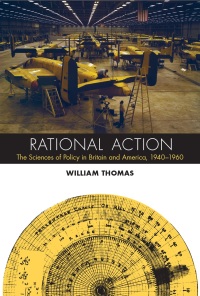Anthropological Cosmology and Anti-Demarcationism, Pt. 2 March 18, 2010
Posted by Will Thomas in Natural Philosophy/Anthropo-cosmology.Tags: Barry Barnes, Bruno Latour, Charles Darwin, Christopher Hill, Clifford Truesdell, G. S. Rousseau, Geoffrey Cantor, Harry Collins, Henk Bos, Jacques Roger, Jonathan Miller, Margaret Jacob, Martin Rudwick, Mary Douglas, Paul Forman, Piyo Rattansi, Robert Young, Ruth Cowan, Steven Shapin
2 comments
There was no such thing as the historiographic revolution and this is a (too-long) post about it.
In the late-1970s, the applicability of anthropological notions of cosmology to issues in the historiography of science could be understood as evidence of the need for an epistemology that extended into the domain of social relations. This extension entailed the notion that scientific work existed in a cultural and intellectual continuum with the society around it, and thus that attempts to demarcate scientific work and ideas were ill-founded. Society was not simply something to be scrubbed from science; legitimate scientific work was made possible through its establishment in legitimate places within society, and through the selective borrowing from society of cultural and political means of establishing legitimate claims. This, I think, was a good idea, but was it methodologically revolutionary?
The test of the validity of any idea is whether it can change the outcome of a process in some specific way. A scientific idea can help create a successful experiment or an improved technology. The idea of social epistemology could be tested as could much sociology and philosophy of science by running it through the historical record and seeing if it rendered it more coherent. In other words (to use a Latourian formulation), the success of social epistemology was bound up with its ability to forge an alliance with historiography.
The socio-epistemology advocates took no chances on getting lost in the shuffle, and apparently decided to tie the success of their program to a beneficial historiographical sea change. In a 1983 article discussing possible implications for science education, Steven Shapin and Harry Collins even used the title “Experiment, Science Teaching, and the New History and Sociology of Science” (my emphasis; reprinted in Teaching the History of Science (1989), eds. Michael Shortland and Andrew Warwick). However, the existence of this shift as a coherent entity, and the placement of socio-epistemology within it, should not be taken for granted. The idea took years to successfully engineer. (more…)

